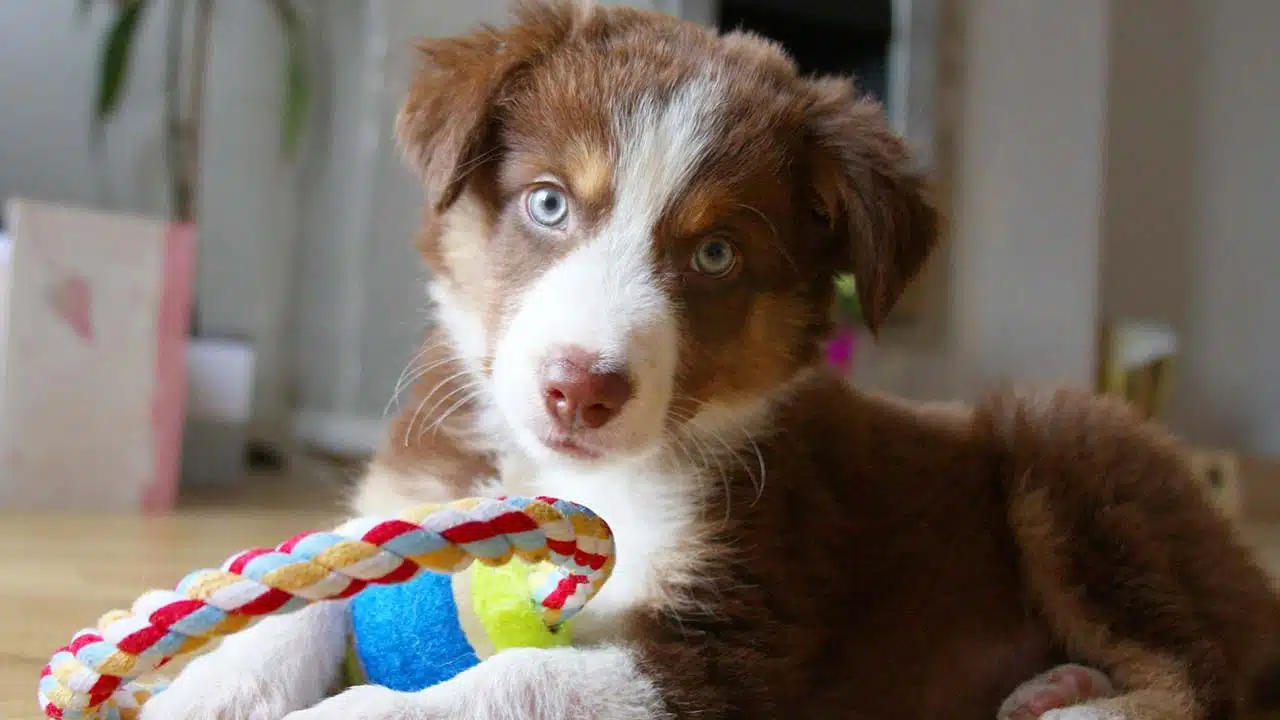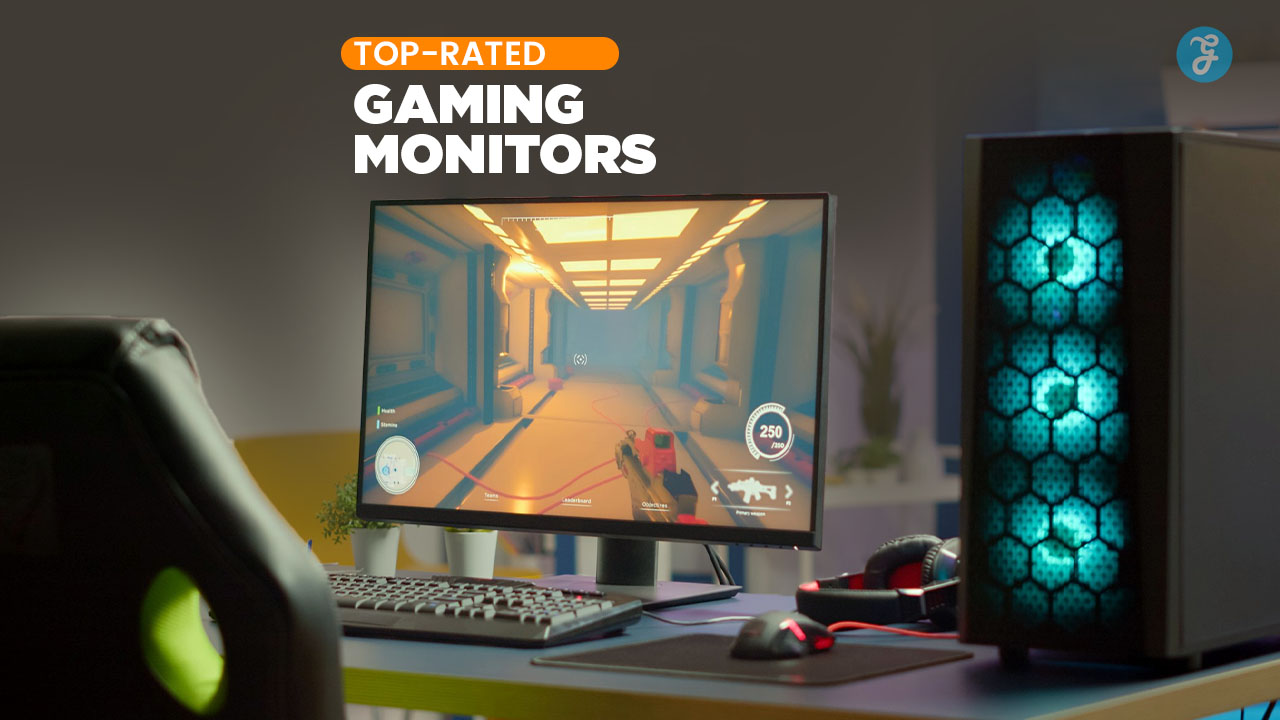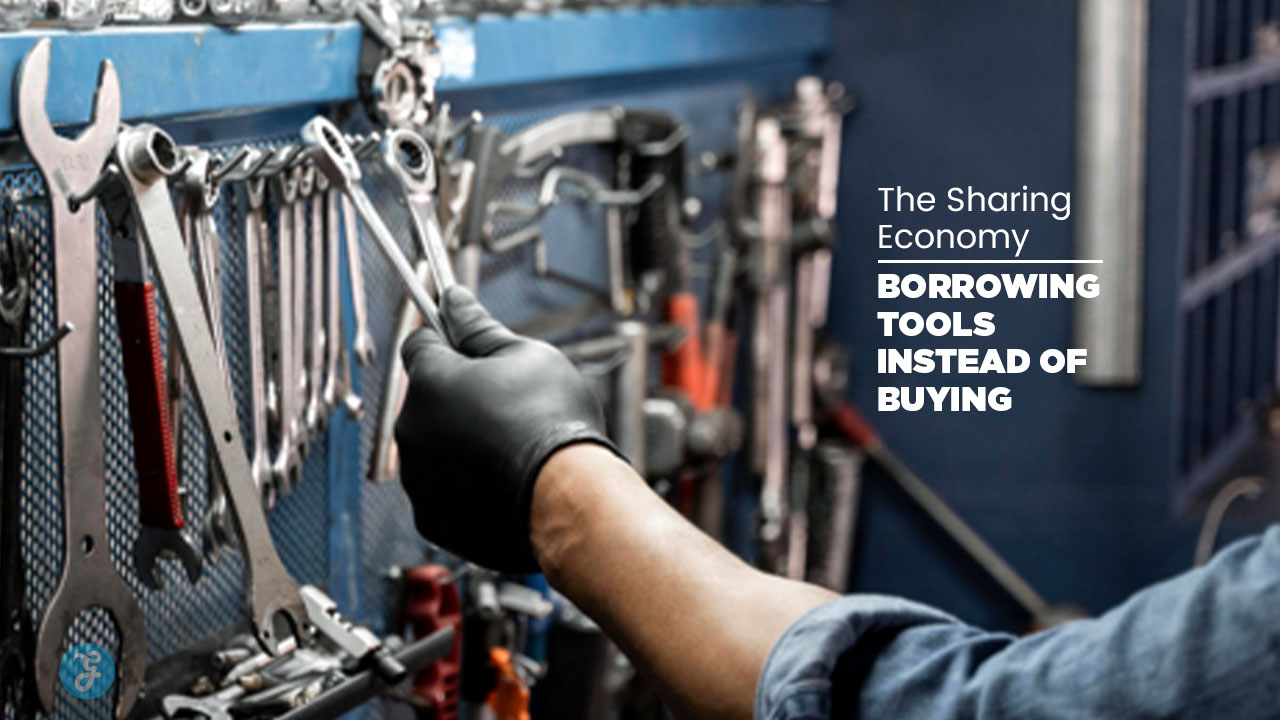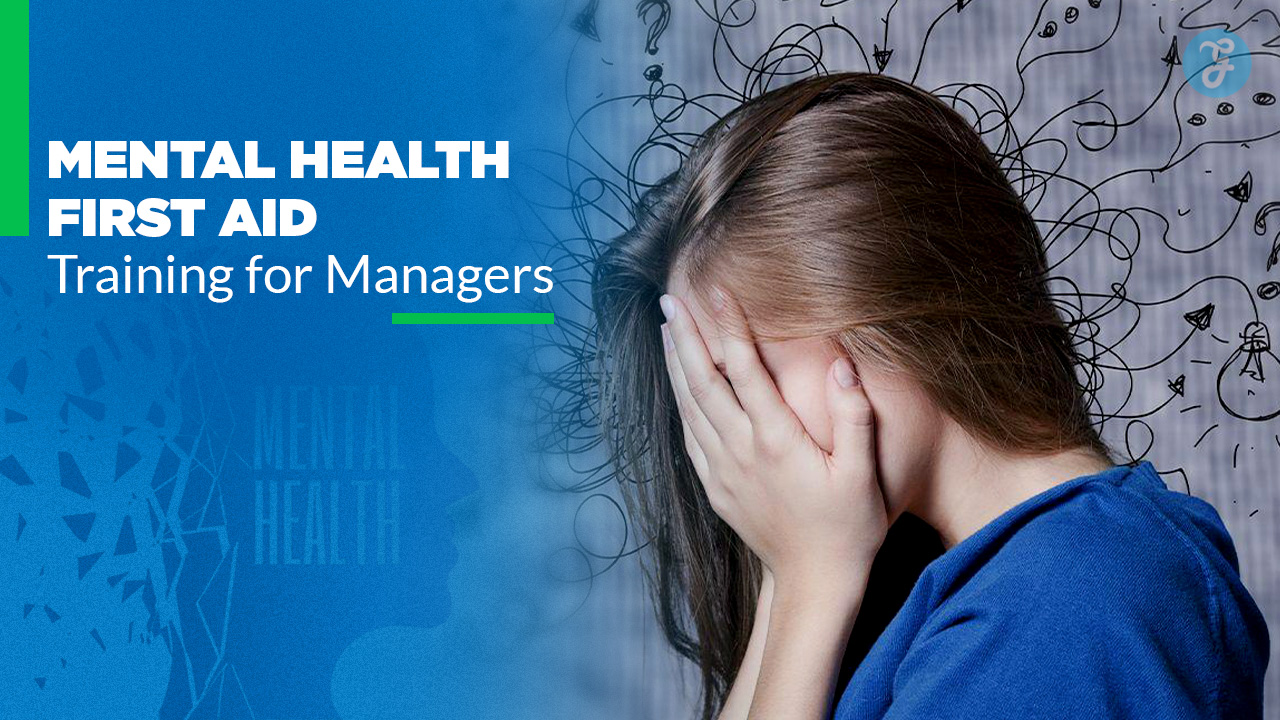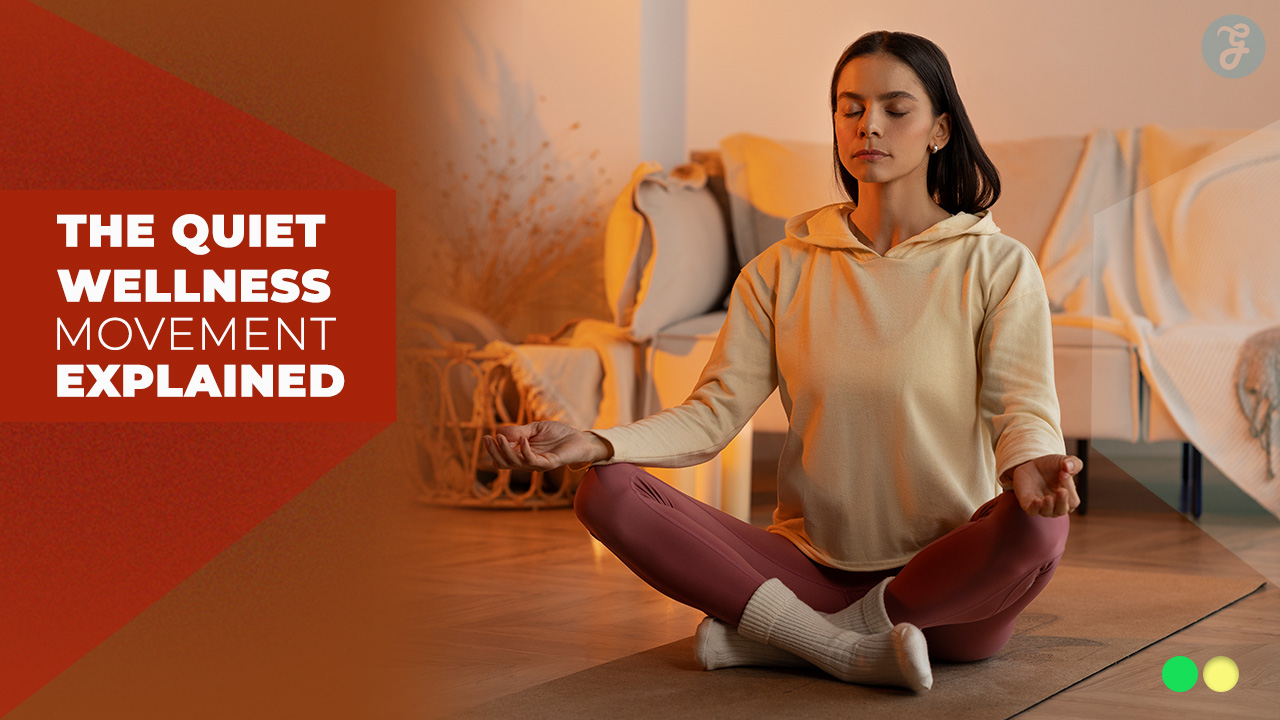Bringing a new puppy home is thrilling, yet housebreaking can often feel overwhelming. But fear not—with the right techniques and a bit of patience, you can make the potty-training process smoother and stress-free.
Whether you’re a first-time pet owner or just looking for a refresher, this guide will provide in-depth, practical tips to help your puppy learn where and when to go, ensuring a cleaner home and a happier, well-trained pet.
Let’s dive into the strategies to make housebreaking your puppy a successful journey.
Understanding Housebreaking: Why It’s Essential for Your Puppy
Housebreaking, or potty training, is more than a matter of cleanliness; it sets the foundation for a well-behaved dog.
Teaching your puppy where and when to go to the bathroom is a crucial part of creating a stable, happy home environment.
Through consistent training, you’re also building a strong bond based on trust, clear communication, and positive reinforcement.
Housebreaking is a gradual process, so approach it with patience and celebrate the small wins along the way. Here’s how to set yourself and your puppy up for success!
10 Tips for Housebreaking Your Puppy
Let’s find out!
-
Set a Schedule
A reliable schedule is the backbone of effective housebreaking, helping your puppy understand when to eat, play, and go to the bathroom.
Consistency gives them the structure they need to thrive and succeed in training.
- Morning Routine
Start each morning by taking your puppy outside immediately. Puppies have a small bladder, so they need to relieve themselves shortly after waking. Taking them out first thing in the morning reinforces a predictable routine and allows them to burn off some energy. This habit will make it easier for them to understand that going outside is part of the morning ritual. - Regular Feeding Schedule
Keeping consistent feeding times aids in regularizing their digestive system, which in turn helps predict bathroom breaks. Feeding your puppy at the same times each day sets up a natural schedule for potty breaks. Puppies generally need to go to the bathroom shortly after eating, so timing meals consistently will help you anticipate when they need to go out. - Night Routine
Before bed, take your puppy out one last time to give them a chance to relieve themselves. While you’ll eventually want your puppy to sleep through the night, starting with a nighttime bathroom break can prevent accidents and teach them that nighttime is for rest, not play or roaming.
2. Choose a Potty Spot and Stick to It
Designating a specific area as your puppy’s bathroom spot can work wonders for housebreaking.
Familiarity with one spot encourages them to remember where they’re supposed to go, and they’ll soon recognize it as their designated bathroom area.
- Designate a Spot
Choose a location close to your home or in your yard, so it’s convenient and easy to access. Every time you take your puppy outside, bring them to this same spot. Over time, they’ll start associating this area with going to the bathroom, reducing the likelihood of accidents in other areas. - Scent Marking
Dogs rely heavily on scent, so if they’ve used this area even once, they’re more likely to return to it. You can even leave a paper towel with a bit of urine in the spot to help establish it as their bathroom. This familiar scent will serve as a cue, helping them understand that it’s the right place to go. - Routine Reinforcement
Taking your puppy to the same spot consistently will reinforce the habit. Repetition is key—eventually, they’ll head there instinctively, making housebreaking a smoother process.
3. Supervise Your Puppy Indoors
Close supervision indoors is crucial, especially during the initial weeks of housebreaking.
Catching your puppy in the act or spotting signs they need to go will help you direct them to the correct location before accidents happen.
- Watch for Signs
Observe your puppy for telltale signs like sniffing, circling, or crouching. These are strong indicators they need to go, so the sooner you notice these behaviors, the better. Promptly guiding them outside when you spot these signs reinforces that going to the bathroom indoors isn’t allowed. - Use Confinement Areas
Limit your puppy’s access to certain rooms or areas of the house when you can’t provide full supervision. A playpen, gate, or confined area can help manage their movements, minimizing the chances of sneaky accidents around the house. Plus, smaller spaces discourage them from going to the bathroom. - Immediate Action
If you catch your puppy in the middle of an accident, calmly but quickly guide them outside to finish. Avoid scolding, as it can make them feel nervous about going to the bathroom altogether.
4. Establish a Reward System
Rewarding your puppy for going to the bathroom outside can make the housebreaking process much smoother.
Positive reinforcement encourages them to repeat the behavior and adds a fun element to training.
- Use Treats and Praise
The moment your puppy finishes going to the bathroom outside, reward them with a treat or enthusiastic praise. This instant reward helps them link their action with the positive outcome, making them more likely to repeat it. - Be Consistent with Rewards
Timing is everything. Give treats immediately after they go, not after they’ve come back inside, to ensure they associate the reward with going to the bathroom outdoors. - Avoid Negative Reinforcement
Never punish or yell if your puppy has an accident inside. Puppies respond best to positivity, and harsh reactions can make them fearful, potentially leading to secretive behavior or confusion about where to go.
5. Crate Train for Housebreaking Success
Crate training is incredibly effective, especially for housebreaking.
A crate provides your puppy with a cozy den that discourages them from going to the bathroom in the same area where they sleep and relax.
- Create a Safe Space
Make the crate inviting with a soft bed and perhaps a few safe toys. Puppies have a natural instinct not to soil their sleeping area, which encourages them to hold it when they’re inside. - Use Appropriate Crate Time
Avoid overusing the crate as it shouldn’t feel like a place of punishment. Young puppies can hold their bladders for about an hour per month of age. For example, a two-month-old puppy can typically hold it for around two hours. - Follow a Crate Schedule
Take your puppy out of the crate at regular intervals to relieve themselves. Regularly scheduled breaks prevent discomfort, promote healthy bathroom habits, and gradually extend their ability to hold it longer.
6. Stay Patient and Realistic
Housebreaking can take time and requires plenty of patience.
Every puppy learns at their own pace, so being patient, forgiving, and encouraging is crucial.
- Prepare for Accidents
Accepting that accidents will happen can ease frustration and help you stay calm. Puppies are still learning, and it may take them several weeks to fully grasp the concept of housebreaking. - Progress Tracking
Track your puppy’s progress and celebrate small milestones. If they have a week with fewer accidents, acknowledge the progress to motivate yourself and appreciate the improvement. - Stay Positive
Dogs respond to positive energy, so your calm and encouraging attitude will help them feel safe and confident during training.
7. Use Command Cues
Teaching your puppy specific commands can make housebreaking clearer and more efficient.
Using a set phrase like “go potty” or “do your business” helps your puppy understand your expectations.
- Introduce Cues
When your puppy is outside and seems ready, say the command. This verbal cue will eventually become associated with going to the bathroom, making it easier for them to understand what you want. - Consistency in Commands
Stick to the same phrase each time, as changing it might confuse them. Consistency with the command will help them learn faster and avoid mixed signals. - Pair Commands with Action
If they respond to the command correctly, reward them immediately. Over time, they’ll understand that this phrase means it’s time to go to the bathroom, making the training process more efficient.
8. Limit Water Intake Before Bedtime
Puppies have small bladders, which means late-night water can result in overnight accidents.
Limiting their water intake before bedtime can reduce the likelihood of nighttime issues.
- Set a Routine
Offer water consistently throughout the day but limit access about an hour before bedtime. This practice helps your puppy stay hydrated without setting them up for a difficult night. - Observe Behavior
Watch your puppy’s behavior in the evening to determine how much water they might need. If they’re particularly active, they may need a little more, but still try to limit it in the last hour. - Gradually Adjust
As your puppy grows and learns control, you can ease up on restrictions while still monitoring their intake.
9. Avoid Punishment for Accidents
Accidents are part of the learning process, so it’s crucial not to punish or scold your puppy if they happen.
- Stay Calm
Scolding or yelling can lead to a fearful puppy. Instead, remain calm, clean up the mess, and reinforce the correct behavior when they go outside. - Clean Up Thoroughly
Use an enzymatic cleaner to remove any lingering odors, which helps prevent repeated accidents in the same spot. Puppies often return to areas with their scent, so a thorough cleaning is necessary. - Redirect Gently
If you catch your puppy in the act, say “no” calmly and take them outside to finish. Once they do, reward them to encourage the correct behavior.
10. Seek Professional Help if Needed
If housebreaking issues persist despite consistent efforts, seeking professional assistance is perfectly okay.
- Consult a Professional Trainer
A professional trainer can observe your puppy’s behavior and offer personalized advice. Trainers often have insights into common puppy challenges and can guide you through any difficult spots. - Rule Out Medical Issues
Sometimes, frequent accidents may be due to a medical condition, like a urinary tract infection. If you’re struggling despite rigorous training, a vet check can rule out any underlying issues. - Stay Encouraged
Every puppy learns at their own pace, so give yourself and your puppy grace. Professional guidance can ease your journey, providing both confidence and techniques to make the training process smoother.
Takeaway
Housebreaking your puppy may require patience and time, but the reward of a well-trained, happy pet is worth the effort.
With these 10 effective tips, you’ll be well on your way to guiding your puppy into a well-mannered and reliable member of your family.
Celebrate the small victories, and remember—consistency, positivity, and patience are your best friends on this journey!



